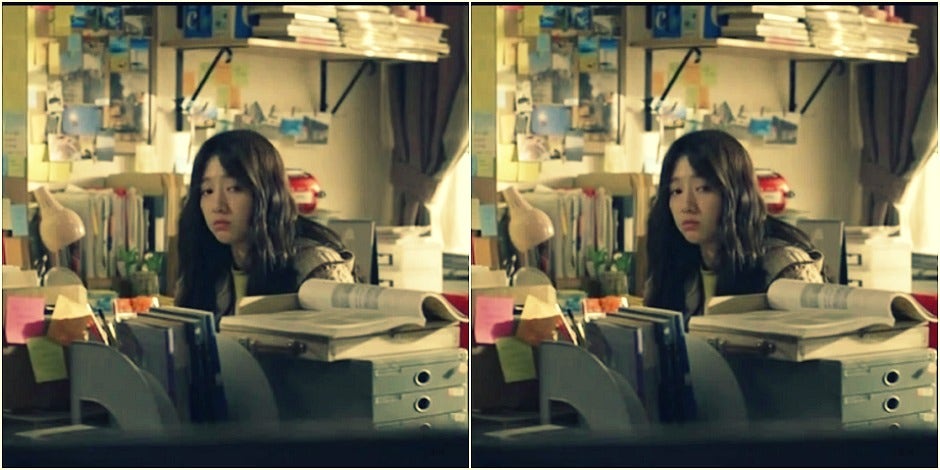Socially Withdrawn And Never Leaving The House — Why More Than Half A Million Reclusive People In Japan Are 'Hikikomori'
How loneliness can become a public health epidemic.
 BlogSpot
BlogSpot It’s amazing to me that when I tell people I’m agoraphobic, they immediately respond with, “Oh, I’m totally afraid of spiders, too!”
(No, friend, that’s arachnophobia, and there was even a movie made about it with John Goodman.)
So what is agoraphobia?
According to the Mayo Clinic, agoraphobia is a type of anxiety disorder in which you fear and often avoid places or situations that might cause you to panic and make you feel trapped, helpless or embarrassed.
For me, that means I’m mostly a homebody. I can go days, weeks, and at my worst, months without leaving the house.
While I often feel the stigma of my agoraphobia when talking about it with others — we are not a society that has yet learned how to discuss mental illness openly and honestly — something similar is happening in Japan right now but on a MUCH bigger scale. In fact, the scale is so huge, some people are calling it an epidemic.
In Japan, there are 541,000 people between the ages of 15 and 39 who suffer from a similar diagnosis to agoraphobia.
They call them the hikikomori. According to the Japanese government, these are people who have remained at home for at least six months with no social interaction besides family.
The hikikomori (sometimes called the "hiki") have completely retreated from society, showing no interest in life beyond the walls of their homes or apartments. And that's happening to over half-a-million people in a nation with a total population of 127 million.
Hiku means to draw or pull, while komoru means to seclude oneself. So the name really does say it all.
But why is this happening? And why isn’t this something we know more about?
Apparently, Japan has a mental health stigma as well, so much so that doctors are inclined to NOT diagnose a mental disorder to accommodate the sensitivity of the families.
Most of the time, there are underlying issues — Anxiety, mood disorders, depression. Even good old-fashioned loneliness.
There's a number of reasons why this can occur, including (but not limited to) the high-pressure stakes of academia in Japan.
A neuropsychiatrist professor at Kyushu University, Takahiro Kato, spoke to CNN in 2016, about his nation's hikikomori epidemic, saying:
"We do think that there is a psychological aspect to this condition—that it stems from depression and anxiety—but there are also cultural and societal influences at play ... These people have lower levels of resilience and can often start feeling very pressurized ... When people don't succeed, they feel demoralized and that triggers the desire to shut themselves away."
I don't live in Japan. I am not what is considered hikikomori. But I can describe to you what it feels like to be so isolated from the world, and not want to leave your room.
Actually, I shouldn't say "not want to," because sometimes it's not a choice. The pain and anxiety that comes with agoraphobia is severe and can be intense.
The feeling of worthlessness, insecurity, and despair can be so overwhelming that getting out of bed feels harder than figuring out the square root of infinity. And those feelings adhere to no internal logic.
It can be hard to explain to another person why you feel lonely when you're surrounded by other people or why you feel depressed even if you've recently received good news.
"If I can get recover from it, so can you!" I've heard on more than one occasion. And the fact that people think it's so simple or that you are just lazy, adds to the stigma.
It's not laziness. It's not that we don't want to feel better. It's that we can't because most (if not all) mental disorders are an imbalance of chemicals and are pre-wired in our brains.
As sad as this video is, it's truly eye-opening and the most realistic one I've seen regarding "voluntary" seclusion.
Roughly 25,000 people take their own lives in Japan a year. That's approximately 70 suicides a day.
In 2013, suicide was the tenth leading cause of death in America.
We, as humans, need to do better. Not just for us, but for others. We need to be there for the hikikomori in Japan and the hikikomori in our own nation as well.
If you know someone who is depressed or suicidal, please reach out.
If you or someone you know needs help, please call the suicide hotline at 1-800-273-8255 or visit Suicide.org.
Please remember that you matter. You are loved. You are needed.

